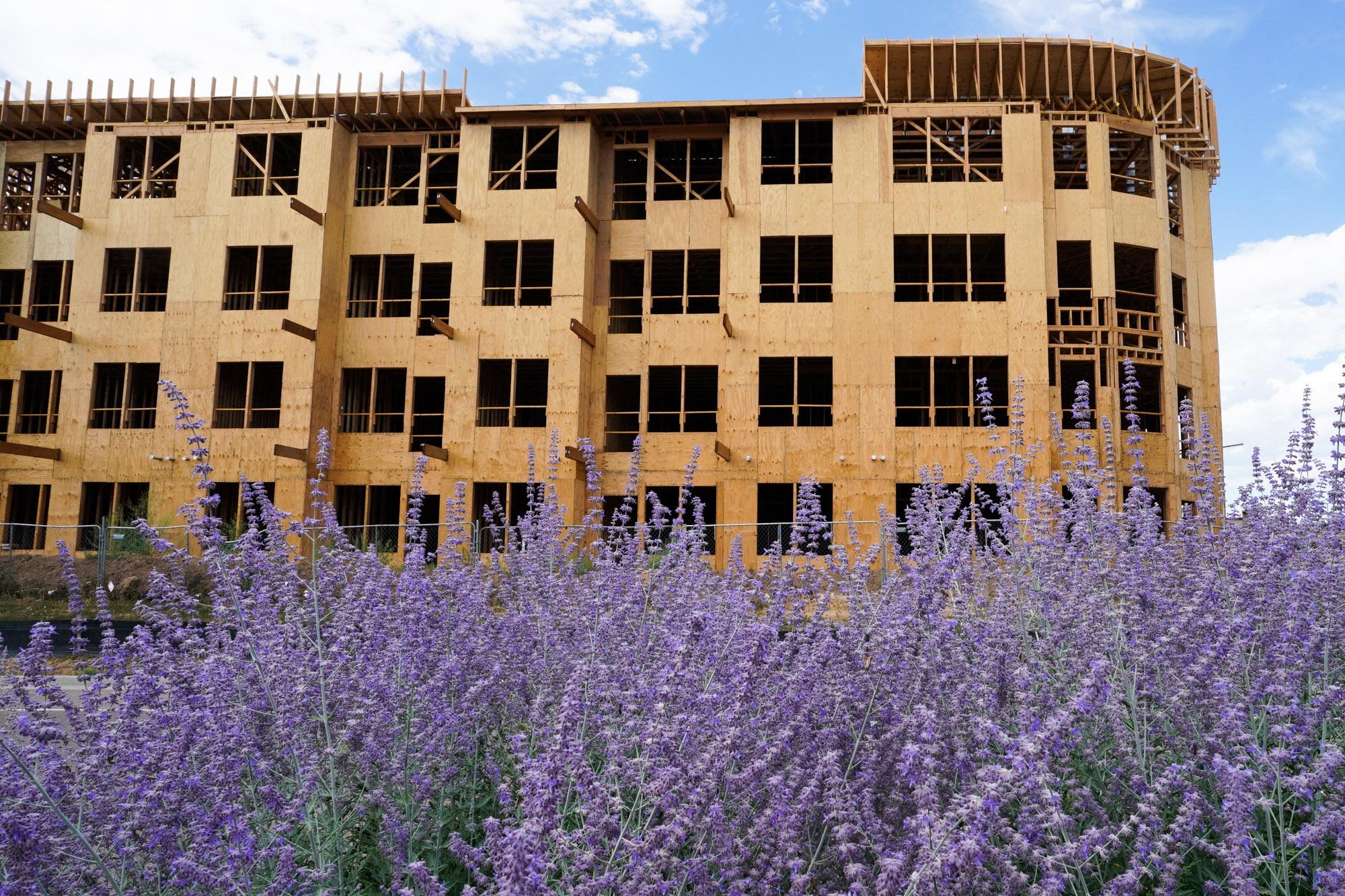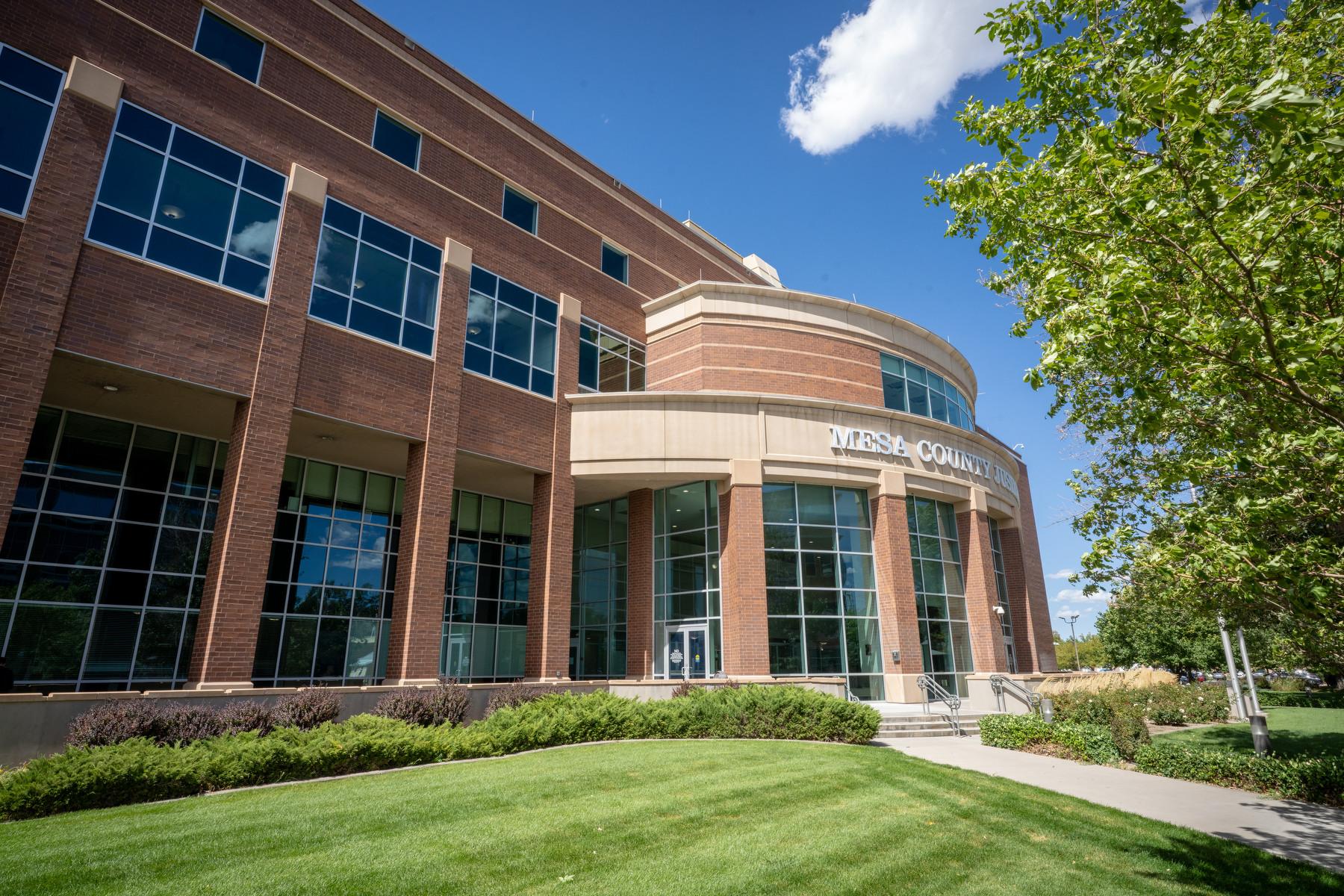
If it’s approved by voters, Proposition 123 would dedicate hundreds of millions of dollars annually for affordable housing development and related programs.
The measure requires state lawmakers to spend a certain portion of the yearly budget on affordable housing. It would earmark about 2 percent of income tax revenues, or nearly $300 million in the next fiscal year, for affordable housing.
The state’s income tax rate would remain unchanged. But it still might come with additional costs for voters. Most notably, the measure would reduce the amount of money that can be refunded to voters.
It’s the first time that a significant housing proposal has appeared on statewide ballots, according to its supporters.
Here’s the language you’ll see on your ballot:
Shall there be a change to the Colorado Revised Statutes concerning statewide funding for additional affordable housing, and, in connection therewith, dedicating state revenues collected from an existing tax of one-tenth of one percent on federal taxable income of every individual, estate, trust, and corporation, as defined in law, for affordable housing and exempting the dedicated revenues from the constitutional limitation on state fiscal year spending; allocating 60% of the dedicated revenues to affordable housing financing programs that will reduce rents, purchase land for affordable housing development, and build assets for renters; allocating 40% of the dedicated revenues to programs that support affordable home ownership, serve persons experiencing homelessness, and support local planning capacity; requiring local governments that seek additional affordable housing funding to expedite development approvals for affordable housing projects and commit to increasing the number of affordable housing units by 3% annually; and specifying that the dedicated revenues shall not supplant existing appropriations for affordable housing programs?
How would it work?
The measure would force the state to spend a certain portion of its budget on affordable housing. Currently, corporations and individuals pay 4.55 percent of their income as taxes. The measure would take a sliver of that existing tax rate — 0.1 percent — and dedicate it to affordable housing, leaving the other 4.44 percent of income for the state’s other expenses.
The measure would not directly raise taxes. Instead, it would make a claim on some of the money that the state already collects. That sum would be almost $300 million per year initially. That’s about six times what the state is currently spending on housing, and it would grow with the state’s economy.
“We know it's a critical moment for us to make sure that teachers and nurses and firefighters have places to live in our communities,” said Mike Johnston, CEO and president of Gary Community Ventures, the philanthropy that is one of the measure’s main backers.
Johnston estimates the measure could support development of about 10,000 additional affordable units per year.
But that change would have secondary effects on state finances. The first is that it would result in smaller TABOR refunds in future years, since funding would be taken out of the pool of money that is used to pay refunds. That’s led some conservatives to criticize it as a tax in disguise and another attack on the state’s stringent fiscal laws.
And in years where the state budget isn’t large enough to run a surplus, it would reduce the general funds available to spend on education, transportation and other causes. That has led to criticism from some Democrats concerned about future trade-offs.
The measure will only go into effect if it’s approved by a majority of voters in the 2022 election. If so, it would create a statewide affordable housing fund for purposes including:
- Up to $43.5 million a year, estimated, for land banking. Governments and nonprofit developers would get loans to buy land for future projects. The loans are forgiven if affordable housing projects are started within a decade.
- Up to $121.8 million yearly for grants for financing low- and middle-income multi-family housing, as well as providing direct support to renters.
- Up to $60.9 million for debt financing for projects that qualify for affordable housing tax credits, as well as for modular and factory-based housing builders.
- Up to $58 million for grants and loans for nonprofits and community land trusts that help people buy homes, as well as money for mobile home community residents who want to purchase the parks where they live.
- Up to $52.2 million for programs for people experiencing homelessness or at risk of it, including for rental assistance, housing vouchers, eviction defense and housing development.
- Up to $5.8 million to help local governments process applications and plans for housing projects.
The program would be focused on families making 60 percent or less of an area’s median income, with some flexibility. That’s about $70,320 for a family of four in Denver. And the measure says that rents should be set at less than 30 percent of household income.
It also includes requirements, starting in 2027, for cities that want the money. By that time, they would have to be growing their affordable housing stock by 3 percent yearly.
They’ll also have to create “fast-track approval processes” that allow them to approve permits within 90 or 120 days for affordable housing developments. The measure encourages a focus on high-density, mixed-income and environmentally sustainable development.
Those requirements could be tough for some cities to achieve, especially if there are constraints on overall growth or local political resistance. But the state legislature also could modify the program later.
Who’s for it?
The campaign, known as Make Colorado Affordable, has raised millions of dollars from groups including Gary Community Ventures, Habitat for Humanity of Metro Denver, and the National Association of Realtors. It also is endorsed by an array of organizations, including the nonprofit Housing Colorado, the Urban Land Conservancy, Healthier Colorado, the League of Women Voters and assorted Democratic state lawmakers, as well as some local-level Republicans.
The measure also has drawn qualified support or neutral positions from others. Scott Wasserman, president of the progressive Bell Policy Center, said the money is sorely needed. But he pointed out that the measure doesn’t bring any new dollars to the state government.
“There’s certainly a need, but it puts a new expenditure in an already jammed queue for funds,” Wasserman wrote in a text message. Bell Policy Center will still support the measure.
Terese Howard, of the Housekeys Action Network Denver, said her group will take a neutral stance. She supports spending on housing, but would prefer a greater focus on public housing, rather than the public-private partnerships that are used to produce the vast majority of new affordable housing.
Who’s against it?
The measure had no public endorsements from Republican state lawmakers as of Sept. 19. The conservative group Advance Colorado Action is opposing the measure and will “probably” spend money on ads against it, according to Michael Fields, a senior advisor for the group.
“There is nothing ‘affordable’ about taking $300 million of our TABOR tax refunds for a flawed housing measure. To fix our state’s housing crisis, we need to build more, not tax more. Coloradans are struggling, and they want their full TABOR refund in upcoming years,” he wrote in a statement.








